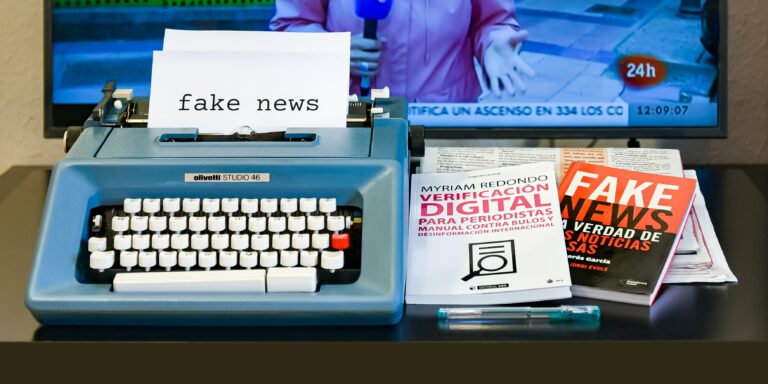Process Post #7
Oh my goodness!! Who could believe it? The lecture was cancelled due to snow! I mean, I love this class and all…it’s obvious by all the single efforts I put on my contents and my progress…but I honestly did a little happy dance when I found out this announcement on our Discord group…LOL! Especially since my flight got delayed for four hours at Monday late night because of the same snowstorm; talk about a stroke of luck!
But I’m not just sitting around twiddling my thumbs. I’ve decided to tackle these readings head-on, and I am glad I did! At first, I was like, “Oh no, so many readings!” But then I started reading, and to be honest some of them deeply resonated with me. The topic of fake news and social media manipulation hit home, especially since I’m an Iranian citizen and have seen firsthand how the government uses misinformation to manipulate public opinion. Thanks, snow gods, for giving me extra time to delve into this stuff.

This week’s readings provided excellent insight into fake news on social media and media manipulation, especially since I needed help choosing this topic or AI for my essay.
For instance, the story of Nadezhda Panchenko on Sixth Tone article by Peiyue demonstrates how important it is to fact-check information and cite multiple sources, not just rely on a suspected head, such as Wikipedia. We should also be vigilant and critical of the information we consume in an age where information can be easily manipulated and spread.
I felt similarities between Panchenko’s actions and the Iranian government’s manipulation of history, particularly when it comes to contemporary history. Like Panchenko, the Iranian government has been known to promote a pro-government narrative and skew events in favour of its own interests. This has been particularly evident in how the government has portrayed events such as the 1979 Islamic Revolution, the Iran-Iraq War, and the country’s relationship with the United States.
However, just as Panchenko’s actions were eventually exposed, academics, journalists, and other independent sources challenged the Iranian government‘s attempts to rewrite history. Despite attempts to suppress dissenting views and limit access to information, Iranians have continued sharing their experiences and perspectives on social media and other platforms. This has made it more difficult for the government to control the narrative and highlights the importance of a free and independent press in holding those in power accountable.
In both cases, it’s crucial to be aware of attempts to manipulate information and seek out multiple sources to verify it. However, it’s also essential to support and defend the right to free expression and access to information, which are essential for a functioning democracy.
As discussed in “Harvard is shutting project that studied social media disinformation” by Harwell and Menn, the closure of the Misinformation Review is a concerning subject to be addressed. This is because it comes at a time when disinformation is increasingly prevalent and damaging to society. Moreover, spreading false information has been linked to sensitive issues, including vaccine hesitancy, political polarization, and the erosion of trust in institutions and experts.
As Harwell and Menn discussed in this article, having reliable sources of information is critical to combating disinformation. Investing in research and education help people recognize and resist false information. The Iranian government’s efforts to control the information ecosystem and suppress dissenting voices highlight Caulfield’s argument in his article “Digital Literacy, But Which One” on the importance of promoting traditional, network, information and critical digital literacy. These types of digital literacy will enable individuals to make informed decisions and resist manipulation.
Besides, another interesting article “Media Manipulation and Disinformation Online” by Marwik and Lewis highlights how misinformation and disinformation can be spread through online media. The article describes how individuals and groups can manipulate the online information ecosystem to advance their political, social, and economic agendas, the Iranian government has been known to engage in these types of tactics, particularly when controlling the flow of information online. By controlling the narrative and disseminating lies, the Iranian government has been able to maintain its power and silence its critics.
Gilbert’s article “Here’s how worried you should be about those Tom Cruise deepfakes” was also very engaging and thought-provoking. His argument that deep fakes are not necessarily a tool for disinformation but rather a result of significant time and resources resonated with me. The article made me think of a recent viral video on social media about the Iranian government’s super-leader, which showed him and his double body together. It was unclear whether this was a deep fake or real, which concerns me about the future of deep fakes in the media. The inability to distinguish between the real and the fake could lead to public chaos. It is important to remember that deep fakes are not necessarily a tool for disinformation. Still, they can be exploited by those with the power and resources to do so. Therefore, to prevent public chaos, it is essential to be aware of the potential of deep fakes and to differentiate between the real and the fake.
This week’s readings in made it clear that fake news and social media manipulation are no joke, especially for countries like Iran, where authoritarian governments have used these tactics to control the narrative and sway public opinion. It’s a little scary, honestly, but also kind of empowering to know that we have the power to stay informed and aware. By recognizing these issues and calling out manipulation when we see it, we can help combat the spread of fake news and maintain some semblance of truth in a world where it’s becoming harder and harder to discern fact from fiction.
Bibliography:
Hapgood, M. (2016, December 19). Yes, digital literacy. But which one? Mike Caulfield. https://hapgood.us/2016/12/19/yes-digital-literacy-but-which-one/
Hess, A. (2021, March 7). Here’s how worried you should be about those Tom Cruise deepfakes. Vice. https://www.vice.com/en/article/n7vgm8/heres-how-worried-you-should-be-about-those-tom-cruise-deepfakes?utm_source=facebook&utm_medium=news_tab&utm_content=algorithm
Rezaian, J. (2022, December 19). The untold story of Iran’s plan to stop producing low-enriched uranium. IranWire. https://iranwire.com/en/special-features/68335/
Romm, T. (2023, February 2). Misinformation about Harvard’s Donovan building prompts concern. The Washington Post. https://www.washingtonpost.com/technology/2023/02/02/misinformation-harvard-donovan-close/
Sixth Tone. (2021, March 15). She spent a decade writing fake Russian history. Wikipedia just noticed. [News article]. Retrieved from https://www.sixthtone.com/news/1010653/she-spent-a-decade-writing-fake-russian-history.-wikipedia-just-noticed.-?fbclid=IwAR3XFmfyFxVcZSNuxS9HSXqZG55mnN29vkX8E-LuR7-MEvnq0tK4ZK6Lo7A
Woolley, S. C., & Howard, P. N. (2016). Media manipulation and disinformation online. Data and Society Research Institute. https://posiel.com/wp-content/uploads/2016/08/Media-Manipulation-and-Disinformation-Online-1.pdf
